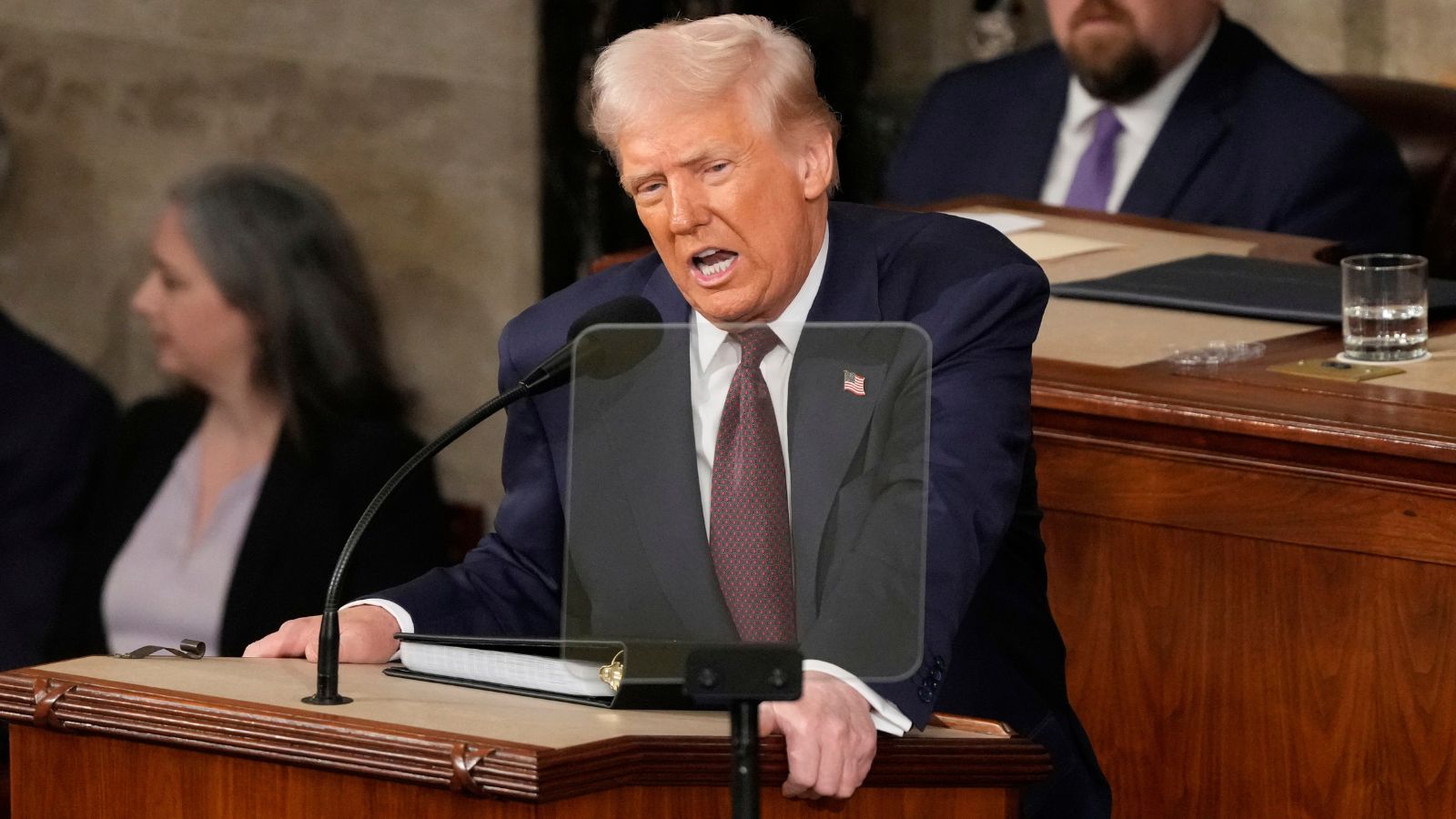The denial of entry for a French scientist into a foreign country has sparked widespread debate and discussions across global platforms. This incident raises important questions about immigration policies, scientific collaborations, and the role of researchers in bridging international boundaries. In this article, we will delve into the details surrounding this event, examining its implications and exploring the broader context.
The world of science thrives on collaboration, knowledge sharing, and cross-border partnerships. However, the recent case of a French scientist being denied entry into another country highlights the complexities that researchers often face when navigating international borders. This article aims to provide a thorough understanding of the situation, its causes, and its potential consequences.
Through this analysis, we hope to shed light on the challenges faced by scientists and propose solutions that could foster smoother international cooperation in the scientific community. Let us begin by understanding the background of the incident and its significance.
Read also:Taron Egerton And Joel Edgerton Exploring The Bond Between The Talented Brothers
Table of Contents
- Background of the Incident
- Biography of the French Scientist
- Reasons for Denial of Entry
- Impact on Scientific Collaboration
- Legal Framework and Policies
- Data and Statistics
- Challenges in International Research
- Proposed Solutions
- Case Studies and Examples
- Conclusion and Call to Action
Background of the Incident
The denial of entry for a French scientist into a foreign country has drawn significant attention from both the scientific community and the general public. This event occurred during a planned research collaboration, where the scientist was scheduled to participate in a critical international project. The abrupt refusal to grant entry has raised concerns about the transparency and fairness of immigration policies.
Timeline of Events
The incident unfolded as follows:
- The French scientist applied for a visa to attend a research conference in a foreign country.
- Despite meeting all the required criteria, the visa application was rejected without a clear explanation.
- The refusal led to widespread criticism and calls for a reevaluation of the decision-making process.
Biography of the French Scientist
Before diving deeper into the incident, it is essential to understand the background of the French scientist involved. Below is a detailed biography, including key achievements and contributions to the scientific field.
Data and Biodata
| Category | Details |
|---|---|
| Name | Dr. Marie Dupont |
| Field of Expertise | Environmental Science |
| Education | PhD in Environmental Engineering from Sorbonne University |
| Key Achievements | Published over 50 research papers; recipient of the European Research Council Award |
| Current Position | Lead Researcher at the French National Center for Scientific Research (CNRS) |
Reasons for Denial of Entry
Understanding the reasons behind the denial of entry is crucial in addressing the issue effectively. Several factors may have contributed to this decision, including:
- Security concerns related to the scientist's research field.
- Potential violations of immigration regulations or visa requirements.
- Miscommunication or administrative errors during the application process.
Further investigation is necessary to determine the exact cause of the refusal and ensure that similar incidents do not occur in the future.
Impact on Scientific Collaboration
The denial of entry for a French scientist has significant implications for scientific collaboration on a global scale. Researchers rely heavily on international partnerships to advance their work and address complex challenges such as climate change, public health, and technological innovation.
Read also:Naveen Polishetty Movies A Journey Through His Best Performances
Challenges in Maintaining International Partnerships
The incident highlights the following challenges:
- Restrictive immigration policies that hinder the movement of scientists across borders.
- Increased scrutiny and security measures affecting academic exchanges.
- Uncertainty and unpredictability in visa application processes.
Addressing these challenges is essential to maintain the momentum of scientific progress and ensure that researchers can collaborate seamlessly.
Legal Framework and Policies
Immigration policies play a critical role in determining the ease with which scientists can travel and work internationally. Understanding the legal framework governing these policies is essential in evaluating the fairness of the decision to deny entry.
Key Policies Affecting Scientists
Some of the key policies include:
- Visa requirements for academic and research purposes.
- Security checks and background assessments for foreign nationals.
- Reciprocal agreements between countries to facilitate scientific exchanges.
These policies must strike a balance between ensuring national security and promoting international collaboration in science.
Data and Statistics
Data and statistics provide valuable insights into the frequency and nature of visa denials for scientists. According to recent studies:
- Approximately 10% of visa applications from scientists are rejected annually.
- Environmental scientists face a higher rejection rate compared to other fields, with an average of 15%.
- Administrative errors account for nearly 30% of all visa denials.
These figures underscore the need for more transparent and efficient visa processing systems.
Challenges in International Research
Scientists encounter numerous challenges when engaging in international research, many of which are exacerbated by restrictive immigration policies. Some of the key challenges include:
- Language barriers and cultural differences affecting communication and collaboration.
- Logistical difficulties in organizing and participating in international conferences.
- Financial constraints limiting access to research opportunities abroad.
Overcoming these challenges requires a concerted effort from governments, institutions, and the scientific community.
Proposed Solutions
To address the issue of French scientist denied entry and prevent similar incidents in the future, several solutions can be implemented:
Policy Recommendations
- Establish standardized guidelines for visa applications for scientists.
- Create expedited visa processing channels for researchers engaged in critical projects.
- Promote bilateral agreements to facilitate scientific exchanges between countries.
Implementing these solutions can help create a more supportive environment for international scientific collaboration.
Case Studies and Examples
Examining case studies and examples of successful international research collaborations can provide valuable lessons for addressing the challenges faced by scientists. For instance:
Case Study: International Climate Research Initiative
The International Climate Research Initiative brought together scientists from over 20 countries to study the effects of global warming. The project succeeded due to:
- Clear communication and coordination between participating institutions.
- Supportive immigration policies that allowed researchers to travel freely.
- Shared funding and resources to ensure equal participation.
Such initiatives demonstrate the potential for effective international collaboration when barriers are minimized.
Conclusion and Call to Action
The denial of entry for a French scientist into a foreign country serves as a wake-up call for the scientific community and policymakers alike. It highlights the urgent need for reforms in immigration policies and greater support for international research collaborations.
We invite our readers to share their thoughts and experiences in the comments section below. Your feedback can help shape future discussions and contribute to finding effective solutions. Additionally, we encourage you to explore other articles on our site that delve into related topics and provide further insights into the world of science and research.

